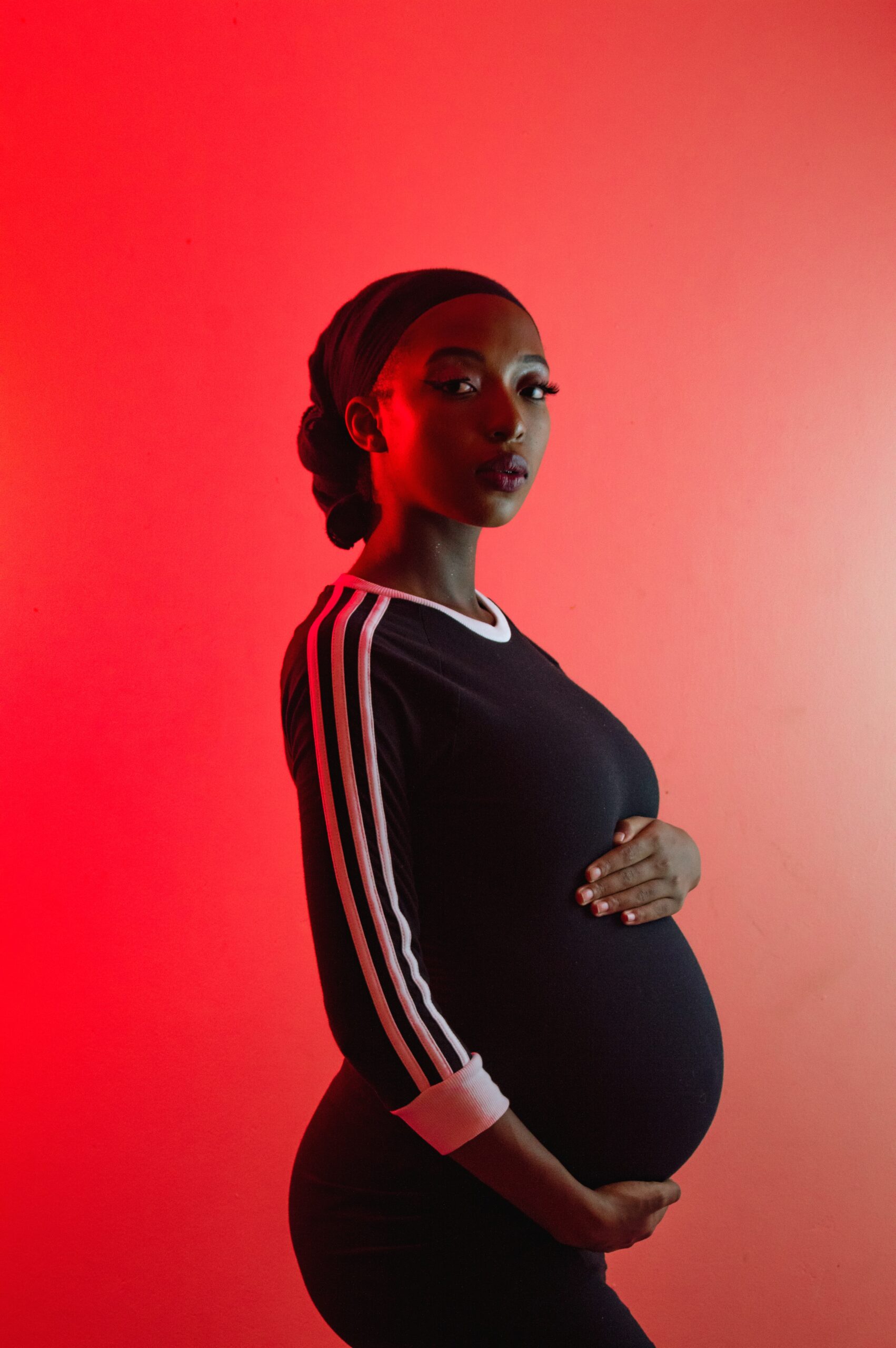The postpartum journey is certainly no joke. Amidst the whirlwind of meeting your new bundle of life, there are many internal factors demanding your attention, from healing any birth wounds to postpartum depression.
There isn’t much time to think about yourself, but it’s imperative you do, especially when navigating how your body copes from the incredible and traumatic experience of giving birth. One factor that comes into play is getting your first postpartum period, or panicking for missing it entirely. If you’re experiencing no period after pregnancy, when to worry depends on a myriad of factors.
Let’s dive deeper.
The Postpartum Experience
Giving birth is an experience that inevitably puts your body through a lot of stress. Bringing a child into the world is nothing short of a miracle, but the recovery period should certainly be taken seriously. The first six weeks after birth is known as the “fourth trimester” and can be accompanied with some temporary yet potentially jarring symptoms.
Struggling to master the art of lactation, dealing with postpartum rage, and even navigating painful gas are a few of the many documented postpartum symptoms that vary according to timeline. Others include:
- Bloody discharge
- Tender breasts
- Painful poops
- Baby blues
- Hair loss
- Back pain and cramping
Your Period After Pregnancy
There is no blanket experience for any aspect of the postpartum journey. When it comes to regaining your menstrual cycle, the norm varies from person to person. Some may get their period as little as eight weeks after birth, while others may not get their period for a year or even longer. Wherever you fall on the spectrum is relative to your own postpartum experience.
There are countless factors to take into play when considering your period after pregnancy. One of these major factors happens to be whether or not you are breastfeeding. Prolactin, the hormone responsible for milk production, has the ability to suppress the hormone that manages periods, a process known as lactational amenorrhea. You can get your period while breastfeeding, although it is typically at least 3-6 months after birth, which is much later than non-breastfeeding moms.
It is also worth noting that your period’s return may not stay consistent. For example, if your baby begins sleeping through the night, it may nurture your body back into its cycle. However, if your baby then experiences sleep regression and requires you to readjust your milk production and sleeping pattern, your period may disappear again. Luckily, with time, patience and even the help of some natural supplements, you can expect your period to slowly fall back into its natural rhythm.
When To Worry
Irregularity is completely normal in the first year postpartum. It can be frustrating if you are trying to get pregnant again and therefore want to track your ovulation, but it is important to give your body time to find its footing,
It’s important not to panic, but there are some indications that you may need to see a doctor relative to your postpartum cycle. If you are formula feeding and have not had a period three months after birth, or if you are breastfeeding and haven’t had a period three months after weaning, this is more abnormal and you may benefit from seeing a professional.
Likewise, if your period has returned, but you’re experiencing symptoms such as excessive bleeding, blood clots larger than a quarter, mid-cycle spotting, or needing to change your tampon, pad or cup every hour, medical attention would also be advisable.
Take Care of Yourself
If you’re experiencing no period after pregnancy, when to worry all depends on the severity of the experience. All in all, asking the questions and taking the time to witness how your body is coping is crucial. Take care of yourself after pregnancy and make the necessary space to reconnect with your body.
